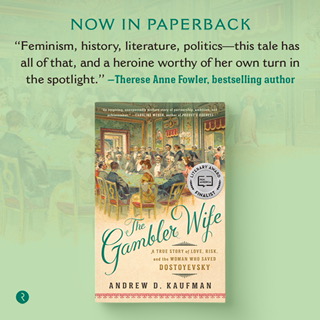|
Run towards—not away from—that which makes you uncomfortable. Seek out those you passionately disagree with. Know that they, too, have learned to erect self-protective walls.
“Our deepest fears,” the poet Rilke said, “are like dragons guarding our deepest treasures.”
Focus on the treasures that lie beneath the words. Find out what really matters to people: not what they hate, but what they love.
Cultivate the ability to look into another person’s eyes and see not a stranger or a foe, but a fellow human being walking this path alongside you.
There’s a wonderful scene in War and Peace that illustrates this. Prince Andrei Bolkonsky has gone on a maniacal, months-long quest to hunt down Anatole Kuragin, who had seduced and attempted to elope with Andrei’s former fiancée, Natasha Rostova. Unsuccessful in his pursuit, Andrei eventually opts to satisfy his wounded ego by killing Frenchmen on the battlefield, before being gravely injured by an exploding grenade.
Lying in the battlefield operating tent, writhing in pain, he observes another man who sobs like a boy as he stares aghast at his own amputated leg, still clad in its blood-caked boot. That man, it turns out, is none other than Anatole Kuragin, whom he has expended so much energy in trying to chase down.
Now, rather than pouncing on this opportunity to finish the blackguard off, however, Andrei does something else entirely: “He now remembered the connection between him and this man, who was looking at him dully through the tears that filled his swollen eyes. Prince Andrei remembered everything and a rapturous pity and love for this man filled his happy heart.” Unable to restrain himself, Prince Andrei “wept tender, loving tears over people, over himself, over their and his own errors.”
What Andrei sees then is himself: a flawed fellow human being, neither good nor bad, and thus deserving of his sympathy.
“One can’t help loving people,” Tolstoy wrote. “They are all—we are all-so pitiable.” Indeed, the word “to love” and “to pity” were used synonymously in Tolstoy’s 19th-century Russia. Love, then, is where the ego ends, where I see myself in you, and you in me, and we’re both better, bigger human beings for it.
This is what true intelligence looks like. It is the kind of knowledge that allows you to see people, places, and things as they truly are, without preconception, without judgment, in their mysterious beauty, all their interconnectedness. This knowledge can help you breathe more freely, make wise decisions, and live with joy and hope in a hard world.
Til we meet again,
Andy
***
Follow Books Behind Bars on Twitter and Facebook.

|